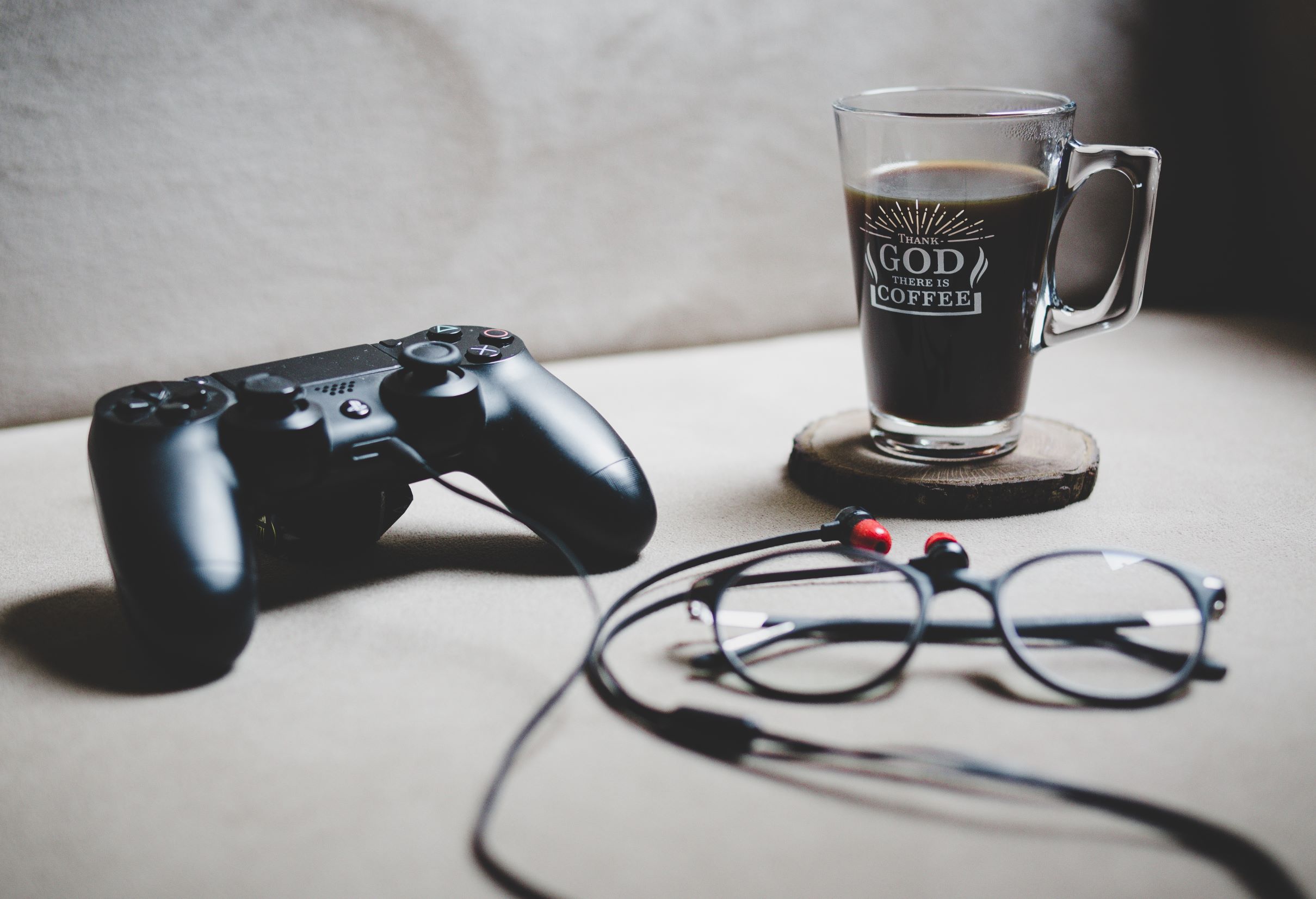Why it matters: The World Health Organization has officially, 100%, no-takebacks added gaming disorder to the world's most prevalent disease dictionary. Beyond the memes, the ramifications are significant, as WHO member nations are expected to have treatment plans and preventative measures ready for when the classification comes into effect in January 2022.
This has been a long time coming. In late 2017, gaming disorder became part of the 2018 draft of the International Classification of Diseases (the disease dictionary) and then in mid-2018, it was included in the beta version of the 11th edition ICD. Yesterday, WHO conducted the final vote on the 11th edition in Geneva, Switzerland and gaming disorder made the final cut.
Gaming disorder is defined by any uncontrolled gaming, where a player can't stop even if it is negatively impacting their life and health. In real terms, though, when WHO refers to gaming disorders they refer to the two suicides that occurred when India banned PUBG, a nine-year-old girl that had to be sent to rehab after sleeping through school and spending over 10 hours each night playing Fortnite, and the over 200 divorces that couples blamed on gaming in the UK.
Laugh all you like but it's undeniable that gaming has caused real problems for some people. But just how many people out there suffer from gaming disorder?
Nikkei reports that the Japanese Ministry of Health, Labour and Welfare estimates the number of Japanese school students affected has doubled in the last five years to an estimated 930,000 people. WHO believes that other countries suffer from similarly large numbers, and hope the classification of the issue as an official disorder will encourage governments to fund research into the prevalence and treatment. Presently, it's challenging to find treatments, though WHO expects that to change quickly. Some governments, they hope, will integrate treatments for gaming disorder into state-sponsored healthcare plans.
Still, gaming disorder is unlikely to be universally recognized for some time, as both the medical field and the gaming industry strongly disagree with WHO's decision. Mental health experts warn that the official classification of gaming disorder risks misdiagnosis and is more of a symptom of other issues. The gaming industry has profits at stake agrees, and believes that since healthy gaming is so widespread, it's a poor decision to group it with gambling addiction and substance abuse. Either way, it's too late for their arguments now.
Image Credit: Sabri Tuzcu on Unsplash
